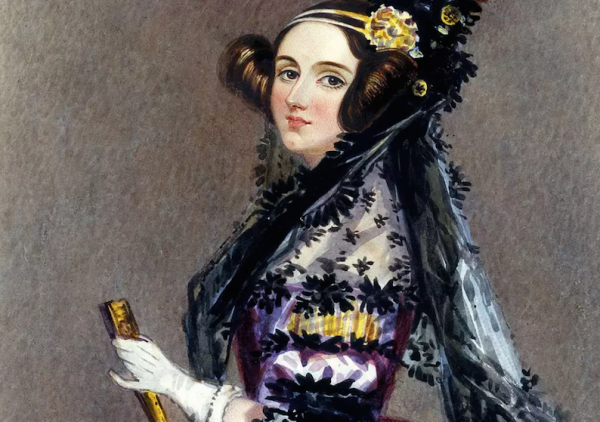In honour of Ada Lovelace Day (ALD) on Oct. 9, people connected over their laptops to help close the gender gap on Wikipedia. ALD honours Ada Lovelace, a brilliant mathematician—often considered the world’s first computer programmer—as well as all women in the fields of science and technology.
This year, the McGill library, in partnership with Broad Science, 500 Women Scientists Montreal, and the Science and Policy Exchange celebrated ALD by hosting Montreal’s first-ever Wikithon, an event where people can come together to learn about and edit Wikipedia. Wikipedia is a free encyclopedia with content that users can freely contribute to. The website is an integral tool for many university students with over 40 million articles. Its cultural significance is evidenced by the fact that the easiest way to explain Wikipedia is via a Wikipedia article itself.
The ALD Wikithon enabled students to come together and edit pages to make the global encyclopedia more gender-equal, since over 90 per cent of the encyclopedia’s content is male-authored. The hope is that this will lead to more articles on female pioneers in STEM, such as Donna Strickland, who have comparatively fewer articles than their male counterparts.
“Donna Strickland, who won a Nobel prize [and was the] third woman in physics to win it, didn’t even have a Wikipedia page till last week,” Rackeb Tesfaye, the founder of the podcast Broad Science, said. “She was told that she wasn’t notable enough to be on Wikipedia.What notable means, not only on Wikipedia, but in our society, […] what we deem to be valuable and who [we deem] a scientist, definitely needs to be [redefined].”
When Wikithons first began in 2012, women only represented 15 per cent of all Wikipedia biographies; now, in 2018, that number has only increased to 17 per cent. In trying to boost these statistics, McGill’s Wikithon mirrored similar global events held throughout the week in honour of Ada Lovelace and female contributions to science.
“[It’s a] nice introduction to editing Wikipedia pages,” Mitaali Taskar, U2 Science, said. “[I got to] look up incredible women I would not have known about otherwise.”
To edit Wikipedia, users must first create an account and a username. Coding is not required since the interface provides a text-based editing layout. The website gives users a user page to practice edits, and recommends that new users edit at least 10 articles so that Wikipedia can differentiate real users from bots.
While events like McGill’s Wikithon aim to introduce newcomers to Wikipedia’s editing process, many people see Wikipedia editing as much more than a hobby; almost all of the edits on Wikipedia are made by a select 1,500. Jess Wade, a well-known Wikipedia editor, has written over 270 articles dedicated to female scientists in the past year. Her goal is to ensure that all women who have made important contributions to science get the recognition they deserve.
“I kind of realized we can only really change things from the inside,” Wade said in an interview with The Guardian. “Wikipedia is a really great way to engage people in this mission because the more you read about these sensational women, the more you get motivated and inspired by their personal stories.”
Opportunities to change the article content of Wikipedia are available to everyone.
“It’s nice to know that you don’t have to be an expert [in] something to change the page,” Maryse Thomas, a PhD candidate in neuroscience, said. “You can just do research and feel confident enough in yourself to go ahead and make […] a major edit.”









